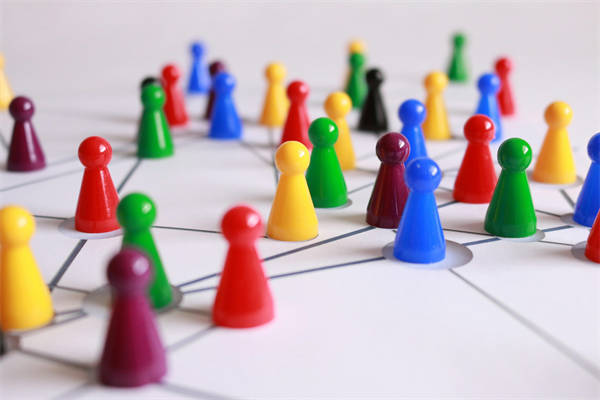What Does the English Slang 'Slang' Mean?

What is the origin of the term "slang"?
The term "slang" has its roots in the Old English word "sl?ng," which means "a rope" or "a noose." Over time, the word evolved to refer to informal, non-standard language, particularly among certain groups or communities. The concept of slang is closely tied to the idea of exclusivity and identity, as it often serves as a way for individuals to bond and distinguish themselves from others.
How does slang differ from dialect?
While slang and dialect are often used interchangeably, they have distinct characteristics. Slang is typically a subset of a dialect and is characterized by its novelty, informality, and often its ephemeral nature. It can change rapidly over time and is often associated with specific social groups, such as teenagers, criminals, or certain subcultures. In contrast, dialect refers to a regional or social variety of a language that is distinct from the standard variety, often with its own unique vocabulary, grammar, and pronunciation.
What are some examples of slang words?
Slang words can be found in various contexts and can range from mild profanities to more creative expressions. Here are a few examples:
"Chill": This word is often used to describe a relaxed or calm state of mind. It has its origins in the 1970s and has since become a popular way to express a casual attitude.
"Bae": Short for "baby," this term is often used among teenagers and young adults to refer to a close romantic partner.
"Lit": This word, which is a shortened form of "lit up," is used to describe something that is exciting, energetic, or impressive.
"YOLO": Stands for "you only live once," this phrase encourages people to take risks and live life to the fullest.
"Dab": This dance move became popular in 2015 and is often used to express pride or victory.
Why do people use slang?
People use slang for various reasons, including:
Exclusivity: Slang can help individuals feel like they belong to a specific group or community.
Conversational shorthand: Slang can make conversations more efficient by using shorter, more concise words.
Expression of identity: Slang allows individuals to express their unique perspectives and experiences.
Cultural and social connections: Slang can be a way for people to connect with others who share similar interests or backgrounds.



.png)
.png)